
The legacy of Baden’s corporate citizen
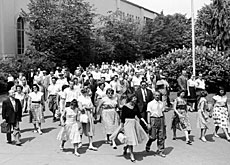
The Romans’ penchant for hot springs put Baden (Baths) on the map 2,000 years ago, but more recently the town has been shaped by the presence of engineering giant, ABB.
Baden’s yearbook shows that the influx of immigrants has been the firm’s most tangible legacy.
“The past 100 years of Baden’s history are bound up with this mammoth company,” says historian Bruno Meier.
Brown Boveri & Cie (BBC) – which later merged with Sweden’s Asea to form ABB – has been employing locals and immigrants since it was founded in 1891. The company had factory recruitment offices in Switzerland and abroad, and its development mirrors that of Swiss industry as a whole.
But it was after the Second World War that the company’s presence really started to change this northern Swiss town. Neutrality had spared Switzerland from the destruction of war and its manufacturing capacity was much in demand in a Europe struggling to rebuild itself.
Poverty
At first, the labour required was sought in Italy and then in Spain and Portugal. Later still labour from other countries was brought in, and over the decades thousands of workers – many sporting cardboard suitcases tied up with string – arrived in Baden to escape the grind of poverty.
But the giant manufacturer needed more than just muscle. Engineers and specialists also came from all over the world, helping to make the quiet Swiss town a melting pot.
Today, Baden is home to more than 4,000 foreign nationals from 84 countries, representing one quarter of the resident population.
The experiences of these men and women, and their contribution to local life, has been recorded in the 2004 edition of the “Badener Neujahrsblätter”, the town’s cultural yearbook.
The book records how, in the early days, the company provided clerical workers with modest accommodation near the manufacturing installations. Factory workers, who tended to leave when they had made enough money, lived in huts.
In 1947, there were 120 people living in the prefabricated huts. By 1963, they housed 1,200 workers.
Language barrier
The hut-dwellers shared rooms with their compatriots, and made the best of the situation. Their thoughts focused on their homeland. Contacts with the local community were few, and hindered by the language barrier.
One of the accounts recorded in the yearbook is that of Margherita Spica-Gaiffi, daughter of the camp’s odd-job man.
The story, seen through the eyes of a child, describes the organisation of the staff canteen, the focus of activity during the workers’ free time and an island of all things Italian, since Italian food was the norm.
After the prefabricated wooden sheds, residential buildings were erected in the late 1960s.
These concrete edifices redefined the town. Each building could accommodate 600 people and the building standards, which included bathrooms in every apartment and extensive green areas nearby, showed the company’s desire to be seen as modern-minded and responsible.
Integration
An apartment and improved pay meant that workers could be joined by their wives, who had previously stayed in their home countries. Then came children and, with them, gradual integration into the local community.
In this way, non-Swiss residents have literally taken over the town in recent decades.
Pizzerias and other restaurants, some hosting Italian clubs, have sprung up everywhere around the factory. But as the Spaniards and Italians became part of the social fabric, industrial production was undergoing a gradual decline.
In 1988, the picture changed when BBC merged with ASEA to form ABB. “The creation of this international industrial giant has deprived Baden of its pivotal role,” says the yearbook editor, Bruno Meier.
English
“Today, there are far fewer workers here than in the 1960s. But there has been an increase in services and highly qualified jobs, as evidenced by the growing number of engineers employed. They bring to Baden new experiences and new languages, above all English.”
The yearbook is not a comprehensive analysis of the changes Baden has experienced over the past half century.
“Instead, we wanted to alternate events and accounts in different languages to pinpoint traces and impressions that are directly related to the town,” says Meier.
Baden today, like the Baden of yesterday, reflects modern-day Switzerland – a country of many cultures and an economy, which has been transformed by the Second World War, and the events since.
swissinfo, Daniele Papacella
ABB was formed in 1988 by the merger of Brown Boveri & Cie (BBC) and Sweden’s Asea.
BBC was founded in Baden in 1891.
Today, Baden is home to more than 4,000 foreign nationals from 84 countries.
They account for one quarter of the population.

In compliance with the JTI standards
More: SWI swissinfo.ch certified by the Journalism Trust Initiative

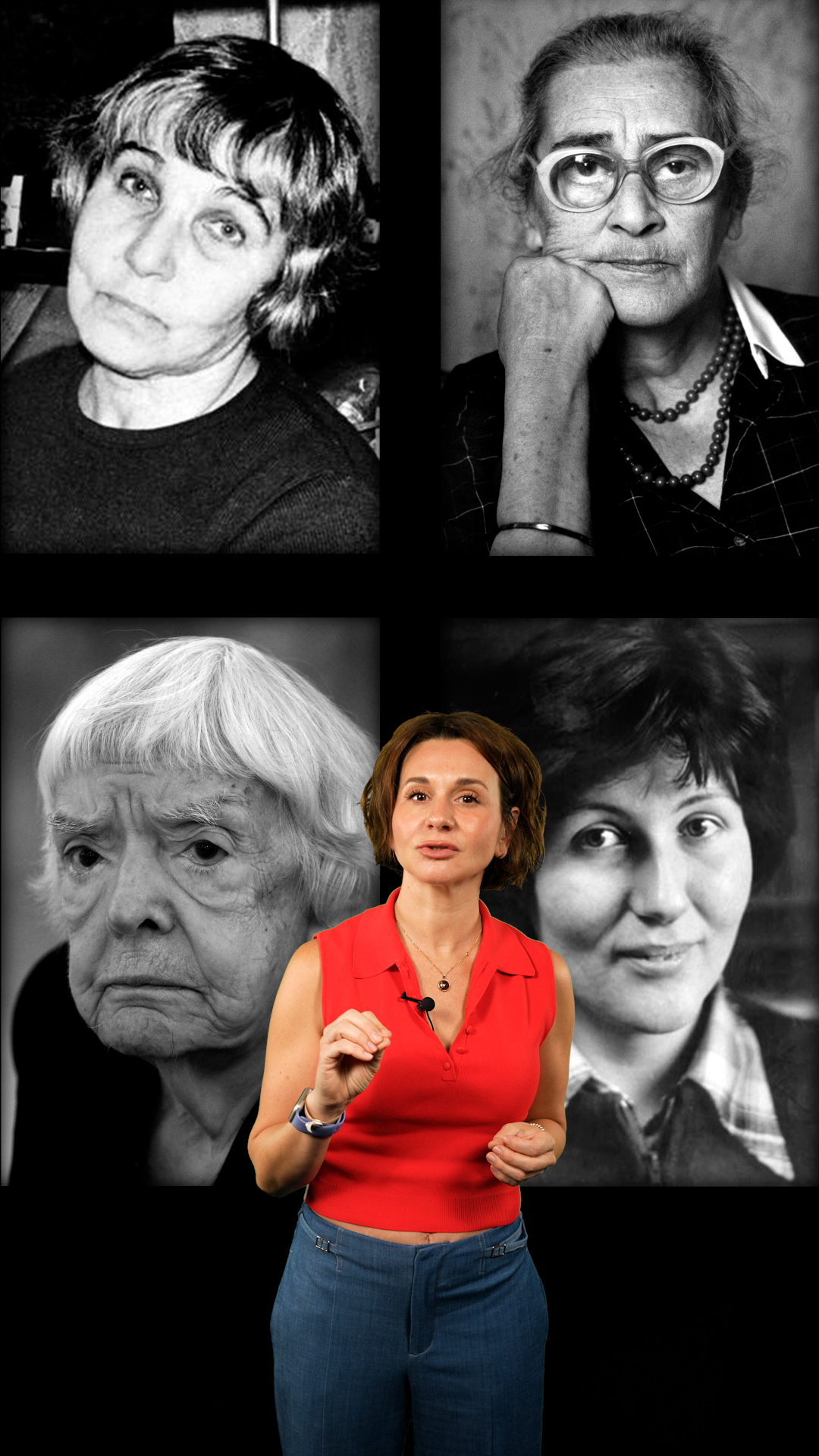





























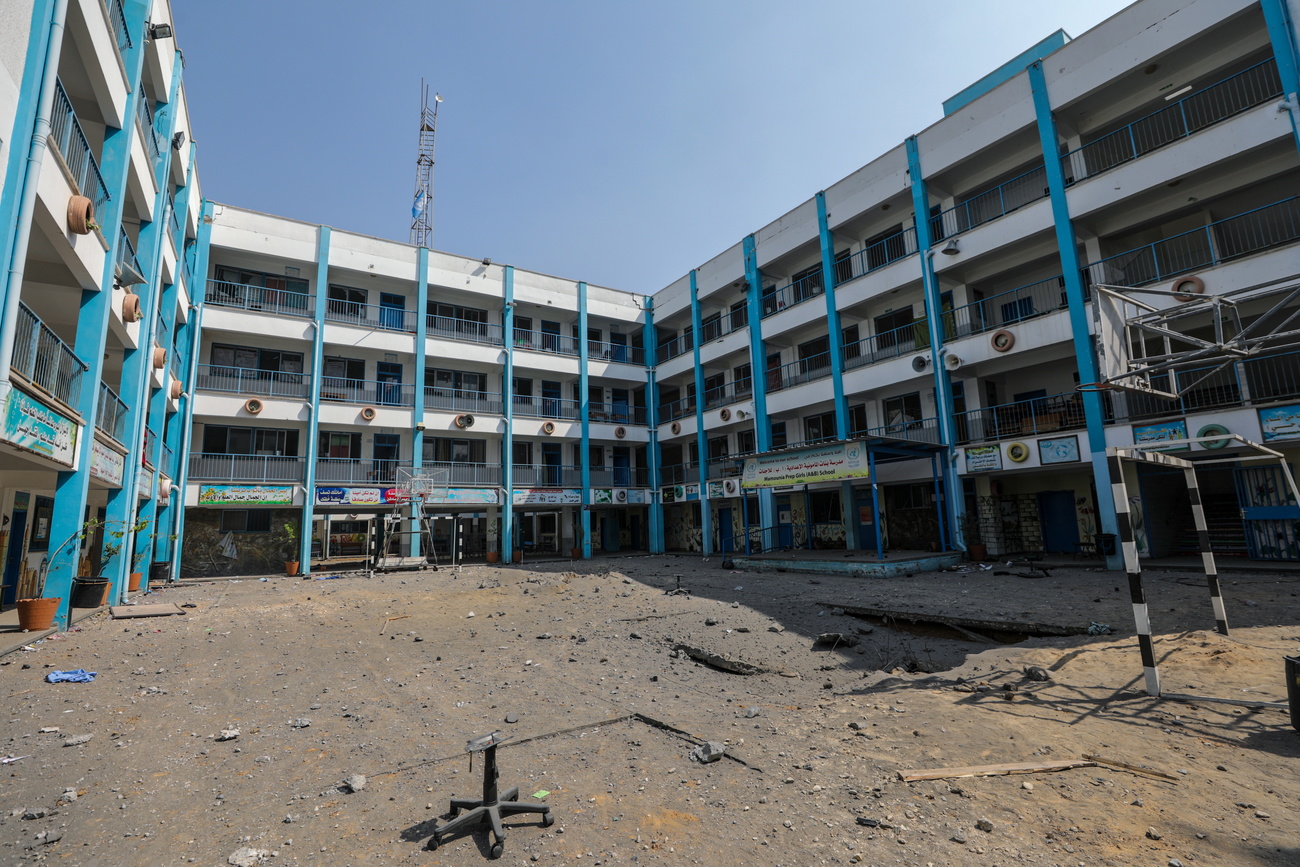
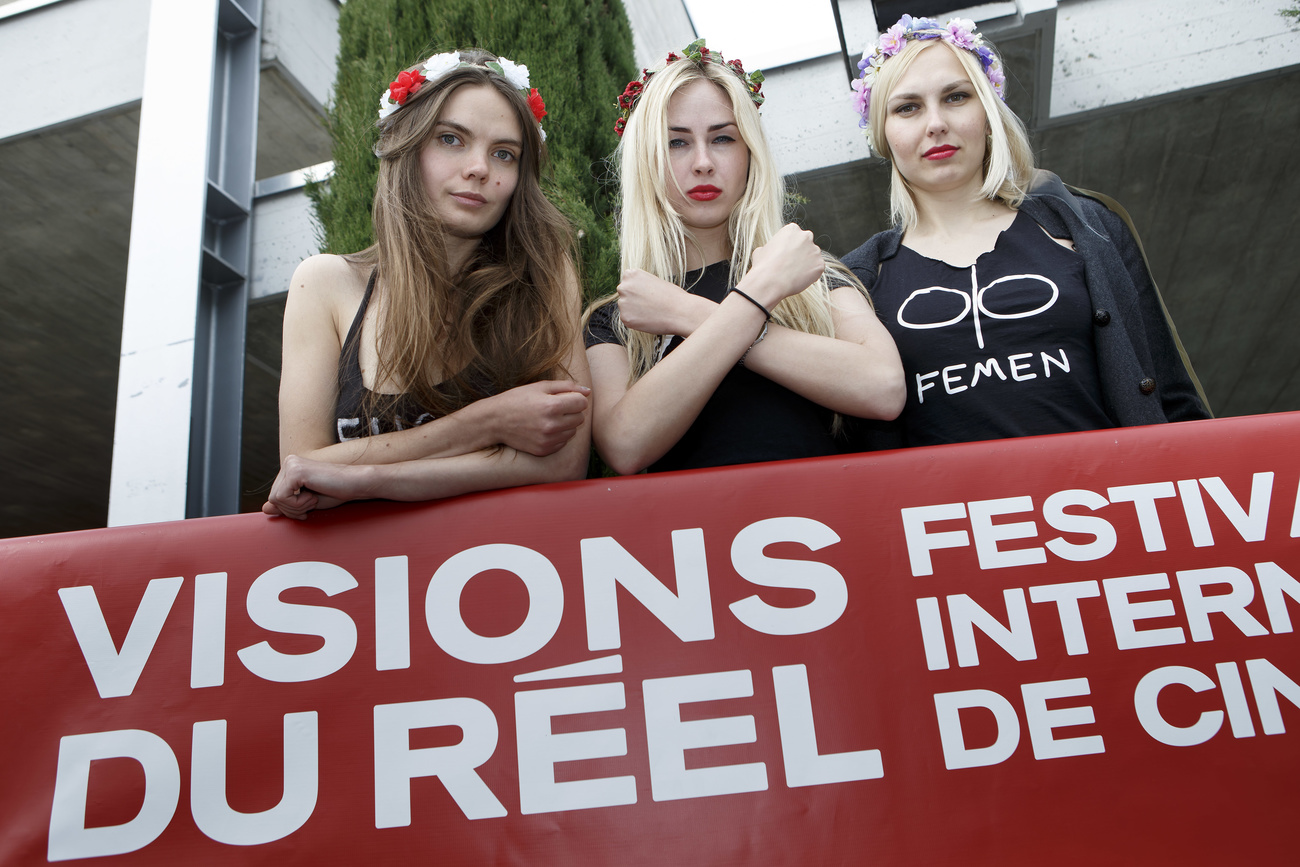
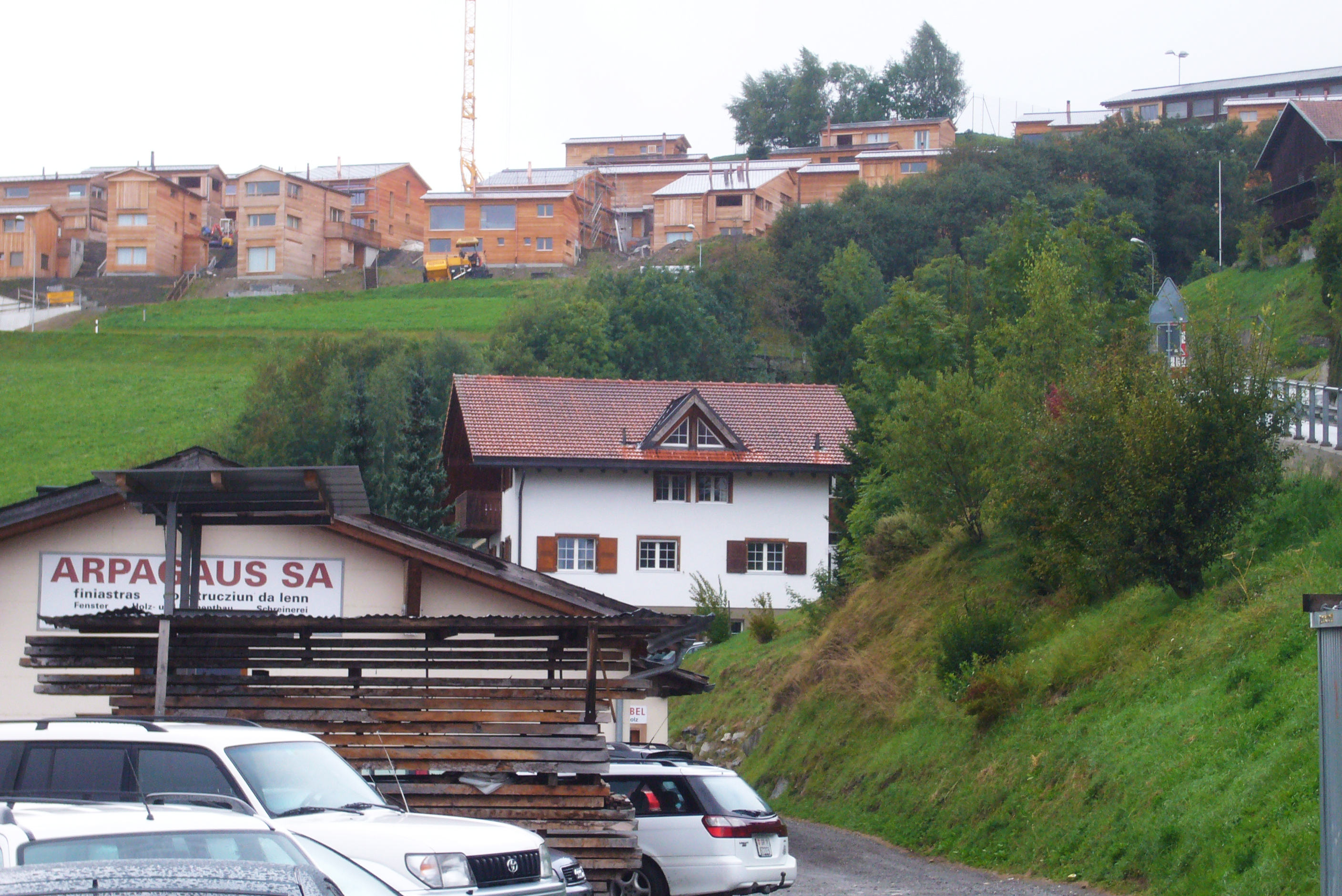


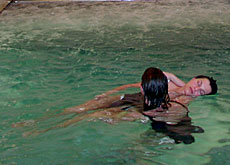


You can find an overview of ongoing debates with our journalists here . Please join us!
If you want to start a conversation about a topic raised in this article or want to report factual errors, email us at english@swissinfo.ch.